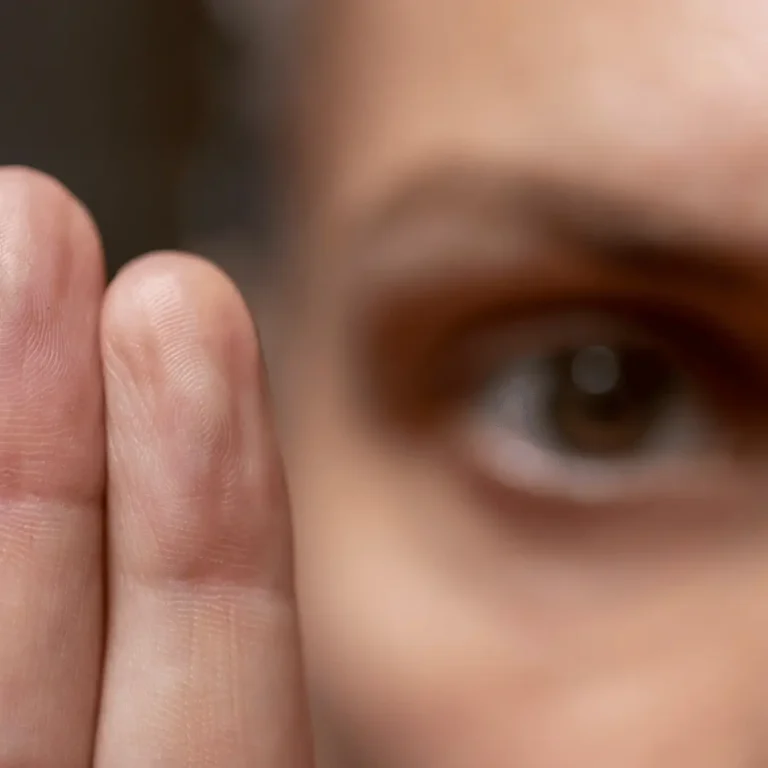Self-Care Tips for Individuals with Borderline Personality Disorder: Your Guide to Managing Symptoms and Promoting Well-Being
Introduction
Do you or someone you love have Borderline Personality Disorder (BPD)? Navigating life with BPD can sometimes feel like an emotional rollercoaster. But here’s the good news: by incorporating self-care into your daily routine, you can manage symptoms more effectively and promote a sense of well-being.
Borderline Personality Disorder impacts emotional regulation, relationships, and self-image, making self-care not just a luxury, but a necessity. In this post, we’ll walk through self-care tips tailored specifically for individuals with BPD to help them regain emotional balance, improve their mental health, and live life with more ease.
Understanding Self-Care for Borderline Personality Disorder
Before we dive into the tips, let’s first understand what Borderline Personality Disorder is. BPD is a mental health condition characterized by intense emotions, unstable relationships, and impulsive behavior. People with BPD often experience mood swings, fear of abandonment, and difficulty maintaining healthy relationships. However, with the right support and self-care strategies, living a balanced life with BPD is possible.
A common misconception about BPD is that it’s untreatable. This couldn’t be further from the truth. With the right therapy, including Dialectical Behavior Therapy (DBT), and consistent self-care, individuals can learn to manage their symptoms and enjoy fulfilling relationships and life experiences.
How BPD Affects Mental Health
BPD doesn’t just influence your thoughts; it affects your emotions, relationships, and overall mental health. Let’s look at some of the common ways it manifests:
- Emotional Instability: Mood swings are common, with emotions often shifting from joy to sadness in a matter of hours. This emotional volatility can make it hard to maintain relationships or stay productive.
- Fear of Abandonment: Those with BPD may go to great lengths to avoid real or imagined abandonment, which can lead to strained personal connections.
- Impulsivity: Acting on impulse, whether it’s overspending or engaging in risky behaviors, is another hallmark of BPD.
- Unstable Self-Image: Individuals with BPD often struggle with their sense of identity, not feeling grounded in who they are.
One of our clients, let’s call her Sarah, found herself feeling lost whenever her friends didn’t respond immediately to texts. She feared they no longer cared, which resulted in impulsive decisions, like cutting off relationships prematurely. But with therapy and self-care strategies, Sarah learned how to manage these fears, improving both her mental health and relationships.
Effective Strategies for Managing Self-Care for Borderline Personality Disorder
Managing BPD requires a combination of professional help and consistent self-care. Here are some strategies you can try:
1. Practice Mindfulness and Grounding Techniques
Mindfulness can help you stay present and less overwhelmed by intense emotions. By focusing on your breath or a specific object, you can ground yourself when emotions become overwhelming.
- Mindful Breathing: Take deep breaths and focus on each inhale and exhale. This simple act can calm your nervous system and prevent emotional spirals.
- Grounding Techniques: If you feel an emotional storm coming on, try using your five senses to bring yourself back to the present. For instance, describe in detail something you can touch or see around you.
2. Emotional Regulation with DBT Skills
Dialectical Behavior Therapy (DBT) is a widely used method for treating BPD. It focuses on teaching skills like distress tolerance, emotion regulation, and interpersonal effectiveness.
- Distress Tolerance: When emotions feel unbearable, use DBT strategies such as distraction (doing something you enjoy), self-soothing (taking a warm bath), or practicing acceptance.
- Emotion Regulation: DBT teaches individuals how to manage and change intense emotions that are causing problems in their lives. Journaling is a great tool for identifying and understanding your emotional patterns.
3. Establish Healthy Boundaries
For individuals with BPD, relationships can often be a source of stress. Establishing clear and healthy boundaries is crucial for maintaining balanced relationships.
- Communicate Clearly: Practice saying no when necessary and communicating your needs to others.
- Avoid People-Pleasing: Setting boundaries also means prioritizing your own well-being over making others happy.
4. Prioritize Physical Self-Care
Taking care of your body is just as important as caring for your mind. Regular exercise, sleep, and nutrition can significantly improve emotional regulation.
- Exercise: Physical activity releases endorphins that improve your mood. Even a daily 20-minute walk can make a difference.
- Sleep Hygiene: Poor sleep can exacerbate BPD symptoms. Create a calming bedtime routine and aim for consistent, quality sleep.
5. Journaling as an Emotional Outlet
Writing down your thoughts and feelings is a powerful way to process emotions. Journaling can help you identify triggers and emotional patterns, giving you more control over your reactions.
- Daily Journaling: Dedicate 10 minutes each day to reflect on your feelings, experiences, and progress. This can provide clarity and help you track your emotional growth.
How McNulty Counseling Can Help
At McNulty Counseling and Wellness, we understand the challenges of living with Borderline Personality Disorder. Our licensed therapists specialize in treating BPD using evidence-based therapies like Dialectical Behavior Therapy (DBT) and Cognitive Behavioral Therapy (CBT). We offer personalized treatment plans that focus on emotional regulation, relationship building, and long-term wellness.
Through therapy, we work with clients to develop effective self-care routines, practice emotional regulation, and build healthier relationships. Whether you’re newly diagnosed or have been managing BPD for a while, we are here to help you on your journey to mental wellness.
Conclusion
Living with Borderline Personality Disorder can be challenging, but with the right self-care strategies and professional help, it is possible to lead a fulfilling and balanced life. Remember, emotional stability takes time, patience, and practice—but you’re not alone in this journey.If you or a loved one are struggling with BPD, we encourage you to reach out to us at McNulty Counseling and Wellness. Our team of dedicated therapists is here to support you. Contact us today at 727-344-9867 or complete a contact form on our website. Let’s take the first step toward your well-being together.







